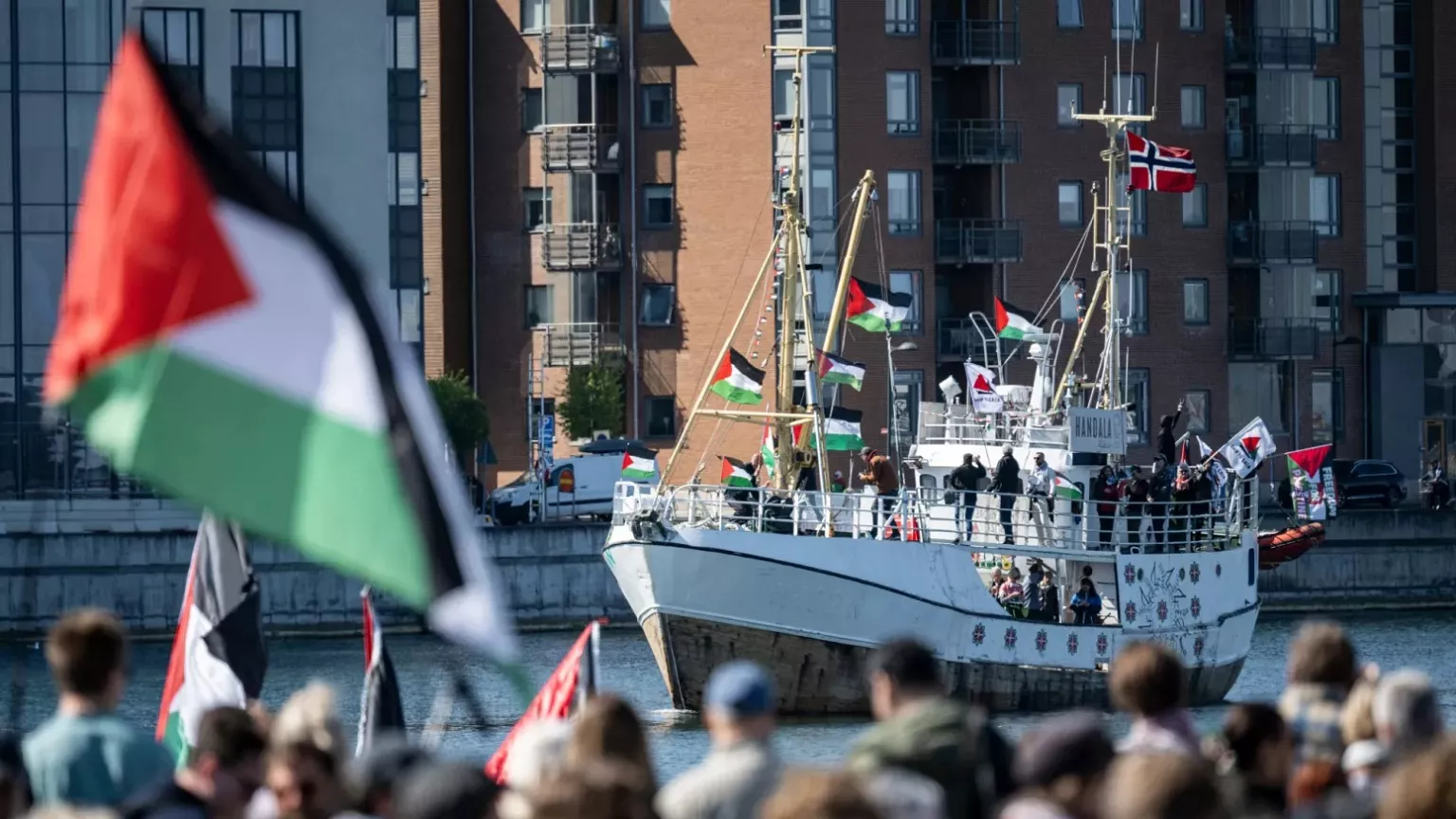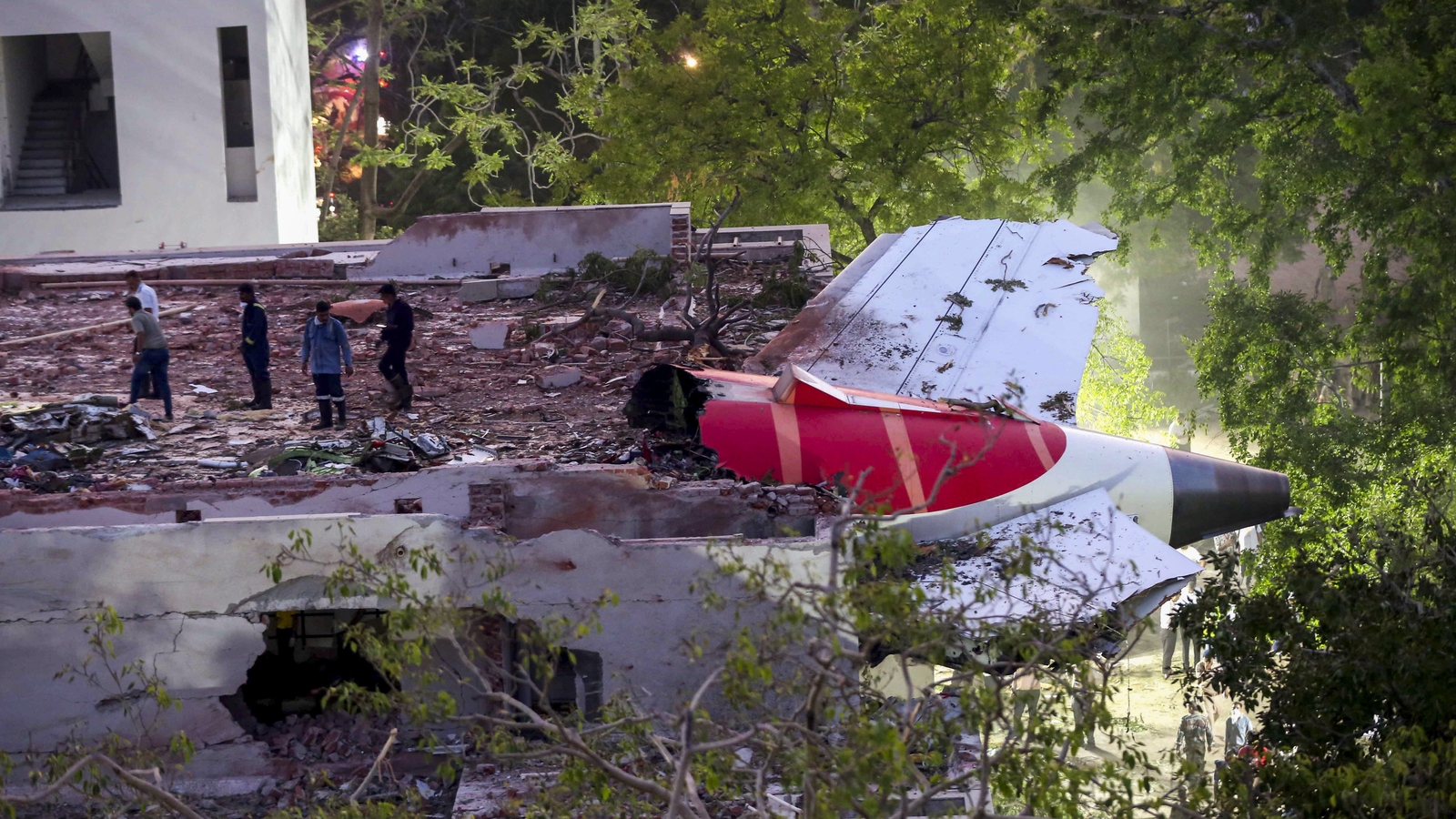The boat, operated by the Freedom Flotilla Coalition (FFC), was attempting to deliver humanitarian aid to Palestinians in Gaza, a region crippled by restrictions and in dire need of support. Instead, the mission was cut short when Israeli forces boarded the vessel and escorted it to the port of Ashdod.
According to Adalah, a legal rights group representing the detainees, the activists were forcibly brought to Israeli territory and are now being treated as though they entered the country illegally. “These individuals were in international waters, on a peaceful civilian mission, when they were taken against their will,” Adalah stated. The group condemned the treatment as both unjust and unlawful.
Once detained, the activists were presented with a difficult choice: accept what Israeli officials call “voluntary deportation” or remain in detention and face a legal process that could prolong their stay in custody. Three individuals — from Italy, the U.S., and France — chose deportation and are expected to be flown out shortly. Meanwhile, twelve others, including French MP Emma Fourreau, refused to comply and are awaiting court hearings.
Two dual U.S.-Israeli citizens were questioned and released, while four more detainees, including journalists from Al Jazeera, have hired private attorneys to contest their case.
The activists had declared their intent to begin a hunger strike if detained, a testament to their conviction and the humanitarian spirit behind their journey. Just before the interception, live footage from Handala showed Israeli troops boarding the ship under the cover of night — the ship’s coordinates confirmed it was still in international waters, west of Gaza.
This is not the first such interception. On June 9, another boat in the same campaign — Madleen — was stopped by Israeli forces. That boat included high-profile names such as Swedish activist Greta Thunberg, and all its passengers were eventually expelled.
The Freedom Flotilla Coalition and Adalah remain steadfast in their position: the mission was peaceful, the blockade is unlawful, and detaining civilians in this manner undermines international human rights norms.
As the world watches closely, the broader question remains: when will humanitarian action stop being treated as a threat?




